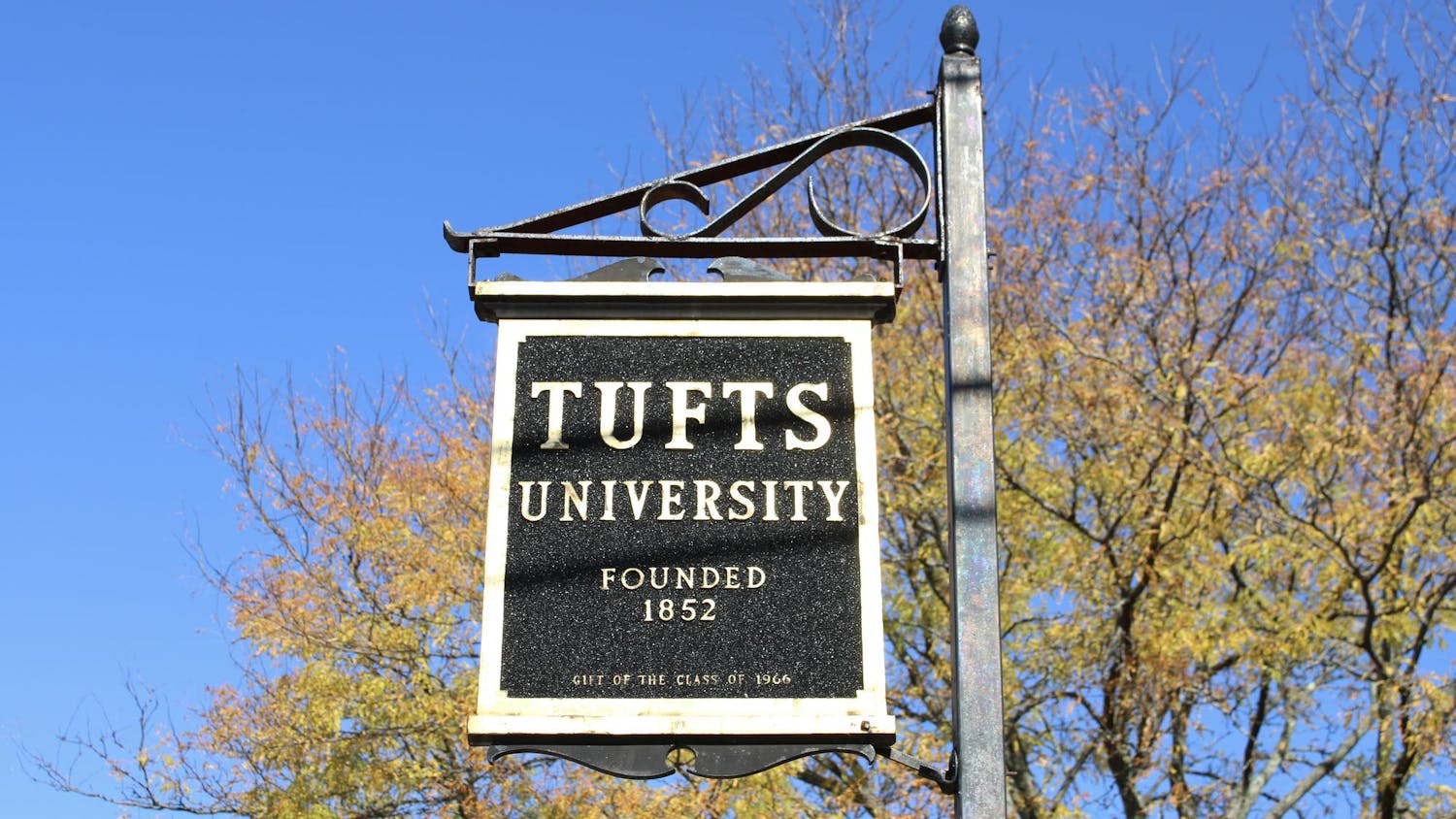Over the last 10 years, to hear the students tell it, there has been a steady decline in the viability of the Greek system at this university. One by one, fraternities and sororities have fallen prey to the destructive predilection of an administration that hovers over them like a pack of rapacious vultures.
This, of course, is bollocks.
While there is a tendency to blame the administration for shutting down fraternities, the truth is that University President Lawrence Bacow and his administration have always acted favorably towards Greek life on campus. Indeed, Bacow's own sons were brothers (and officers) in fraternities, and he himself is still close to the other members of the fraternity that he joined as an undergraduate at MIT. "Give me a little credit," he says. "If I wanted to kill the Greek system, I could."
It wouldn't be hard, either. In the last few years Zeta Psi, Delta Tau Delta, and (most recently) Alpha Epsilon Pi have run into trouble with the authorities in various incidents ranging from the trivial (holding a formal while on probation) to the life-threatening (hospitalization of a pledge).
Chi Omega, a sorority, was also put on probation, proving that the departures from university rules were not limited to the sterner sex.
Fraternities play an important role at Tufts, not only because they throw rockin' parties, but because of their contributions to community. Last year, many Greek organizations took part in Relay for Life, a benefit to raise money for cancer research, and raised thousands of dollars for the cause. There is a large Greek presence yearly at Halloween on the Hill and Kids Day, and Greek Week always contains a service component.
Anyone who took part in Sigma Nu's Sausage Fest last year (a benefit for testicular cancer) will be able to attest to the fact that fraternities are extremely innovative in the way that they approach to service, and this should be commended. The system does, of course, create social outlets for students in the form of parties, formals and smaller closed-door social events, but this is only a fraction of the impact that fraternities have on the university and the wider community.
Fraternity presidents and brothers all understand the risks and benefits of their activities, and many are currently reassessing their roles in the community. The most immediate effect of the perceived "crackdown" is that every house is seeking to raise its profile. This can only be a positive thing.
So go to the parties; eat, drink and be merry, but if you get a chance to wolf down a sausage for cancer or come by the house when they're entertaining kids at Halloween, they won't complain.
Greeks are giving a whole lot back to the community, and the administration is helping. Hopefully, they'll emerge from the latest developments better than ever.





